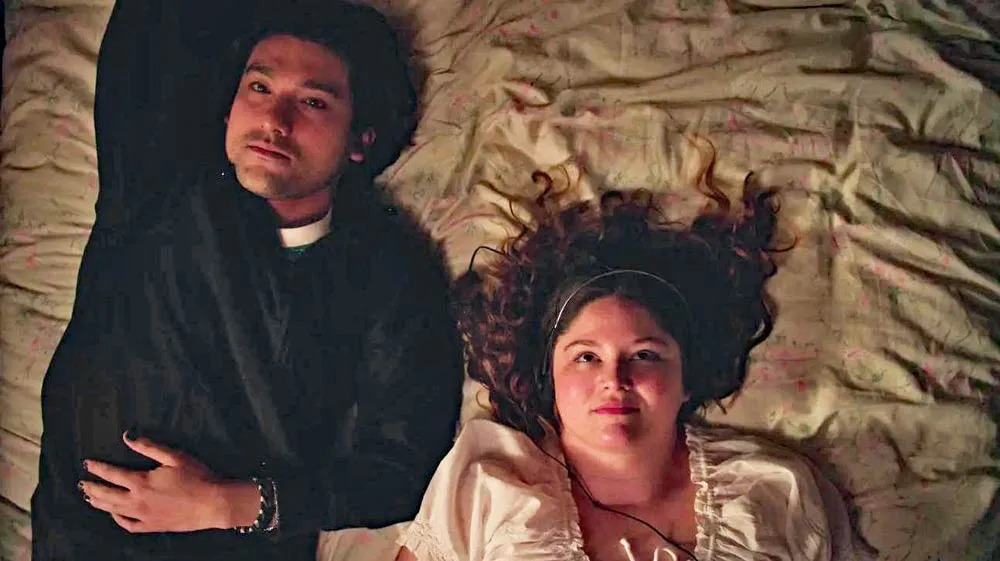August 12, 2020
Review: 'Orange Is The New Black - Season 7' Painful, Powerful, and Necessary
Karin McKie READ TIME: 2 MIN.
"Orange is the New Black" is over. The groundbreaking series with the warning that episodes could contain "sex, nudity, suicide, language and smoking" has wrapped. In a world deluged with princess narratives, "Orange" offered seven seasons of stories about women, in all sizes, colors, ages, religions, sexualities, and states of sanity. Focusing on female-identifying narratives is rare, necessary, and will be hard to live without.
The last 13 episodes are riveting and wrenching, painful and powerful. The talented series regulars and guest stars had years to explore their characters' motivations and origin stories, literally and figuratively sitting in their characters choices, repercussions and relationships, finding revenge and redemption, back sliding and growing. Viewers took that intense and satisfying ride in the capable hands of show runner Jenji Kohan and executive producer Tara Herrmann. Orange looked and felt different, producing lots of belly laughs, feminist fist pumping and ugly-cry keening.
Storylines about institutionalized racism, the modern-day slavery that is privatized prisons, the human horror of immigrant detention and deportation, reflected the concurrent decline of America, scattered among loss of friends, children, relationships, minds and lives. Ultimately, the real world is now far, far worse than any of the well-written episodes. But we have a cinematic snapshot of the punitive nature of capitalism, the beginning of the end of the world falling apart.
The final season DVD set offers three special features, "A Message to the Fans," "Here We Are...At the End," and "The Evolution of Orange," a satisfying recap of how the series started under the radar and grew into a female force. The cast and creatives celebrate the high caliber of character and stage actors who were assembled to engender indelible chemistry. They reflect about how putting this many women on TV is groundbreaking, and like a mandala pattern: beautiful and ephemeral. Kate Mulgrew (Red) says she knew that the series would change the face, the nature, the texture of television. It has.
All note the lack of services for incarcerated people to reintegrate into society, with barriers to housing, jobs, and health insurance. The process is unconstitutional, cruel yet sadly usual, much of it torture, especially for solitary confinement (the SHU). There is no life or liberty, and a struggle to pursue happiness. The series reminded viewers that the those in prison are humans, not enemies, worthy of redemption.
An officer kneeled on face-down character Poussey Washington (Samira Wiley), stealing her breath and her life on screen, foreshadowing the real-life murder of George Floyd by Derek Chauvin in Minneapolis. The "Orange Is The New Black" creative team created the Poussey Washington Fund to support organizations in their effort to rethink, revise and reform justice in America, and support eight preexisting non-profits to benefit organizations focused on social issues surrounding criminal justice and policy reform, immigrants' rights and helping those affected by mass incarceration – see the actors explain this project and donate here: https://charity.gofundme.com/o/en/campaign/pwf
"Orange is the New Black - Season Seven"
DVD
$34.98
https://www.lionsgate.com/shows/orange-is-the-new-black/orange-is-the-new-black-season-7
Karin McKie is a writer, educator and activist at KarinMcKie.com


